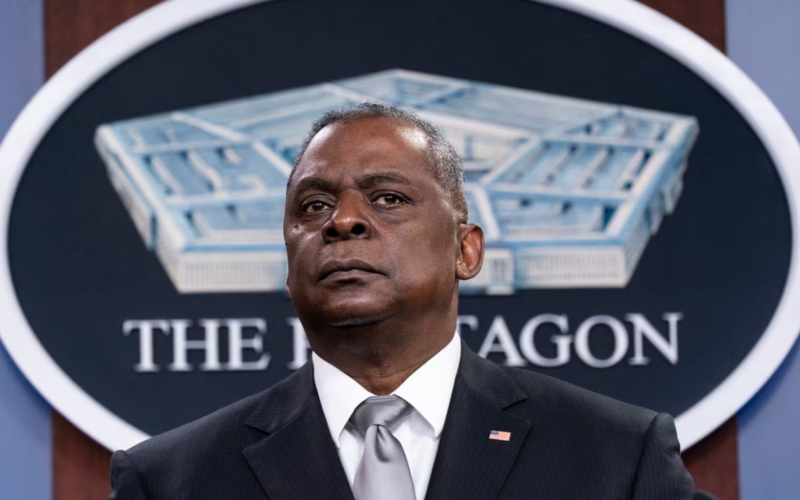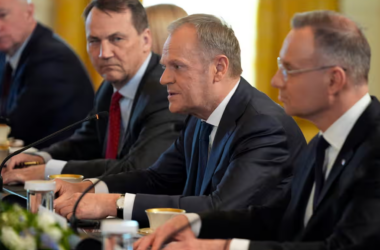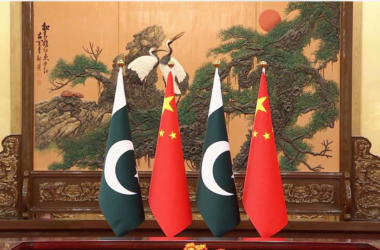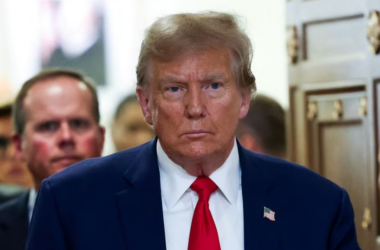US Defense Secretary Lloyd Austin expressed concerns on Tuesday that UN member states overseeing the Korean War armistice are troubled by China and Russia’s perceived assistance to North Korea, aiding the country in expanding its military capabilities while evading UN sanctions. Austin addressed these concerns during a meeting in South Korea, engaging with defense ministers and representatives from the 17 nations comprising the UN Command (UNC), responsible for overseeing the armistice.
Washington has accused North Korea of supplying military equipment to Russia for its conflict with Ukraine. Simultaneously, Moscow is alleged to be providing technical military support to assist North Korea’s military advancements. Both North Korea and Russia have consistently denied engaging in any arms deals. However, during their meeting in September in Russia’s far east, the leaders of the two nations pledged to enhance military cooperation.
China, recognized as North Korea’s closest ally, has refuted allegations of non-compliance with international obligations. Despite accusations, Beijing maintains that it is adhering to its responsibilities as stipulated by international agreements.
The concerns raised by Defense Secretary Austin were part of discussions held during the meeting with representatives from the UN Command. The body, composed of 17 member states, plays a crucial role in overseeing the armistice related to the Korean War. The talks aimed to address the growing apprehensions about China and Russia’s involvement in assisting North Korea, potentially enabling the country to enhance its military capabilities despite UN sanctions.
The allegations and concerns expressed during the meeting highlight the intricate geopolitical landscape surrounding North Korea and its interactions with key global players. The potential assistance from China and Russia to North Korea adds complexity to international efforts to enforce sanctions and denuclearize the Korean Peninsula.
As these concerns persist, diplomatic efforts will be crucial in navigating the delicate balance of interests and regional stability. The situation underscores the need for international cooperation to address potential violations of UN sanctions and prevent any escalation of tensions on the Korean Peninsula. The developments also emphasize the intricate relationships among key nations and the challenges of maintaining a unified stance in addressing security concerns in the region.
The concerns raised by Defense Secretary Austin regarding China and Russia’s alleged assistance to North Korea underscore the ongoing challenges in managing geopolitical dynamics in Northeast Asia. Diplomatic efforts and international cooperation will be essential in addressing these concerns and working towards a peaceful resolution that aligns with the goals of regional stability and denuclearization.








